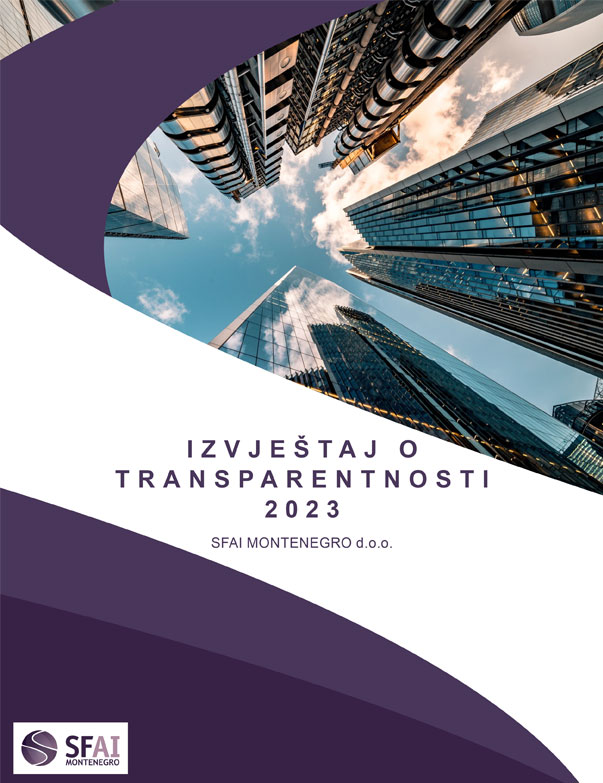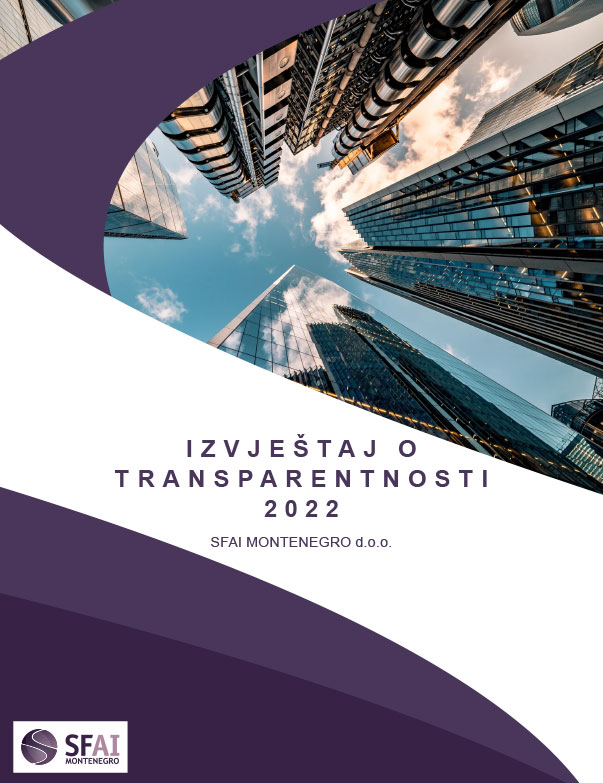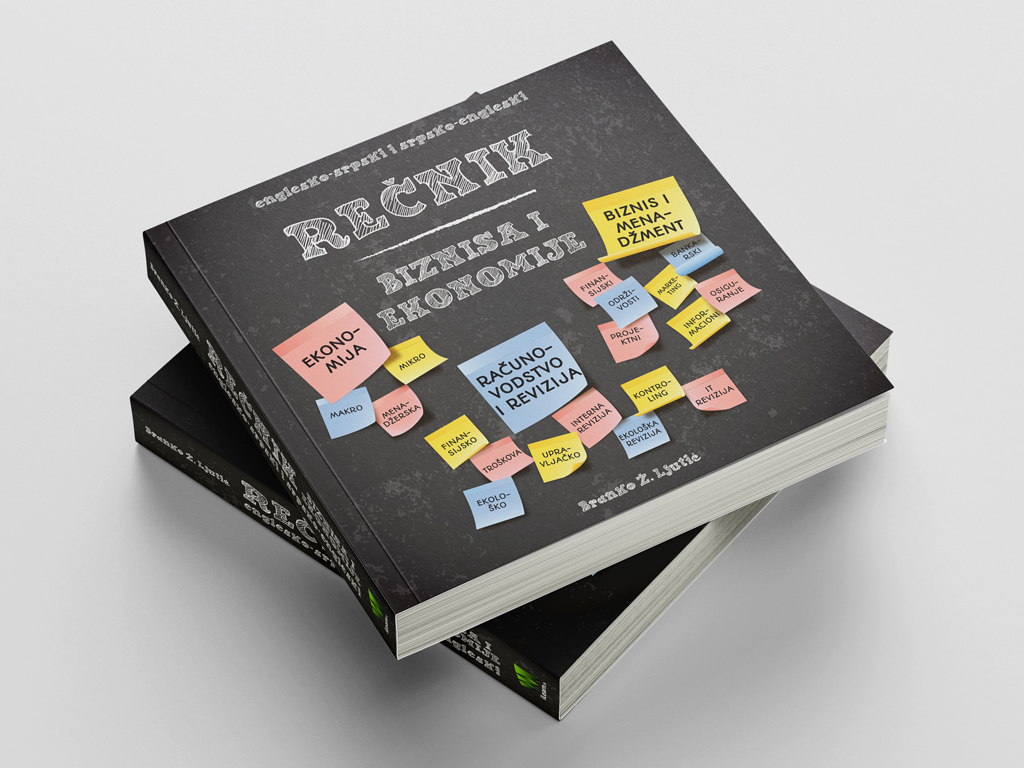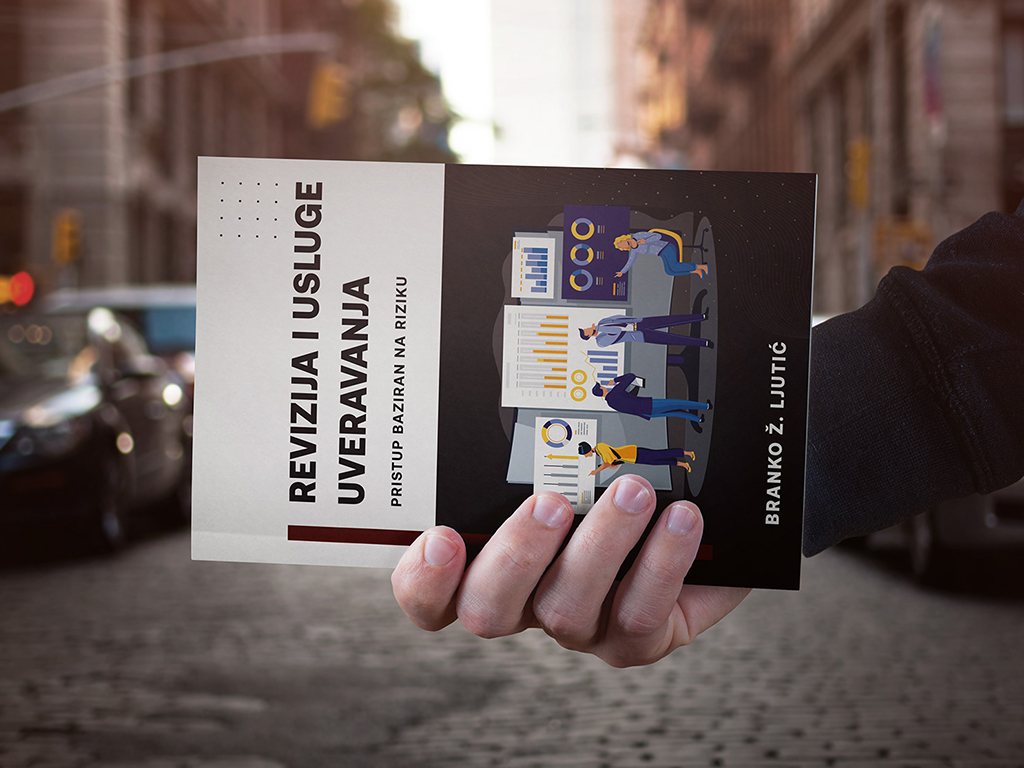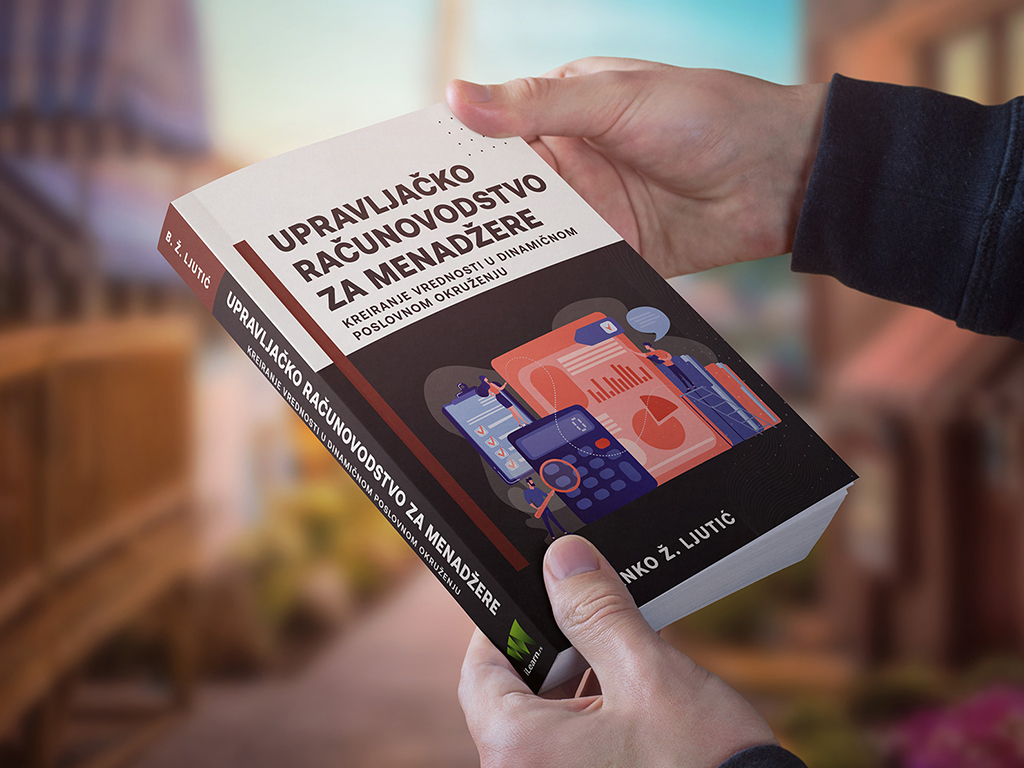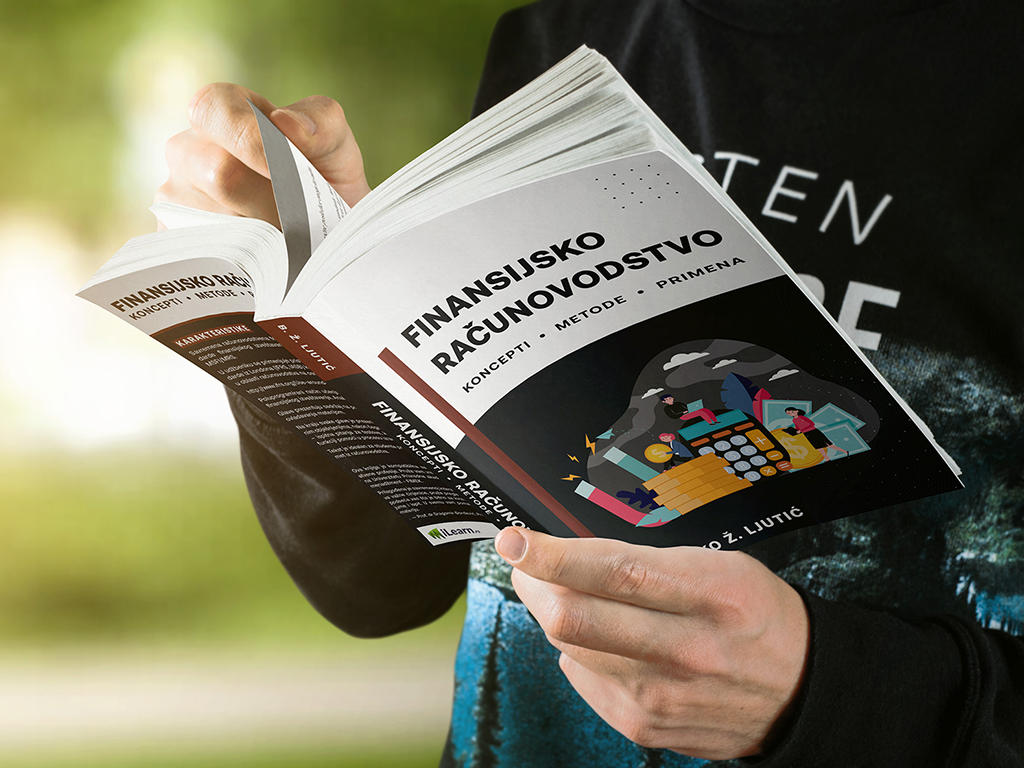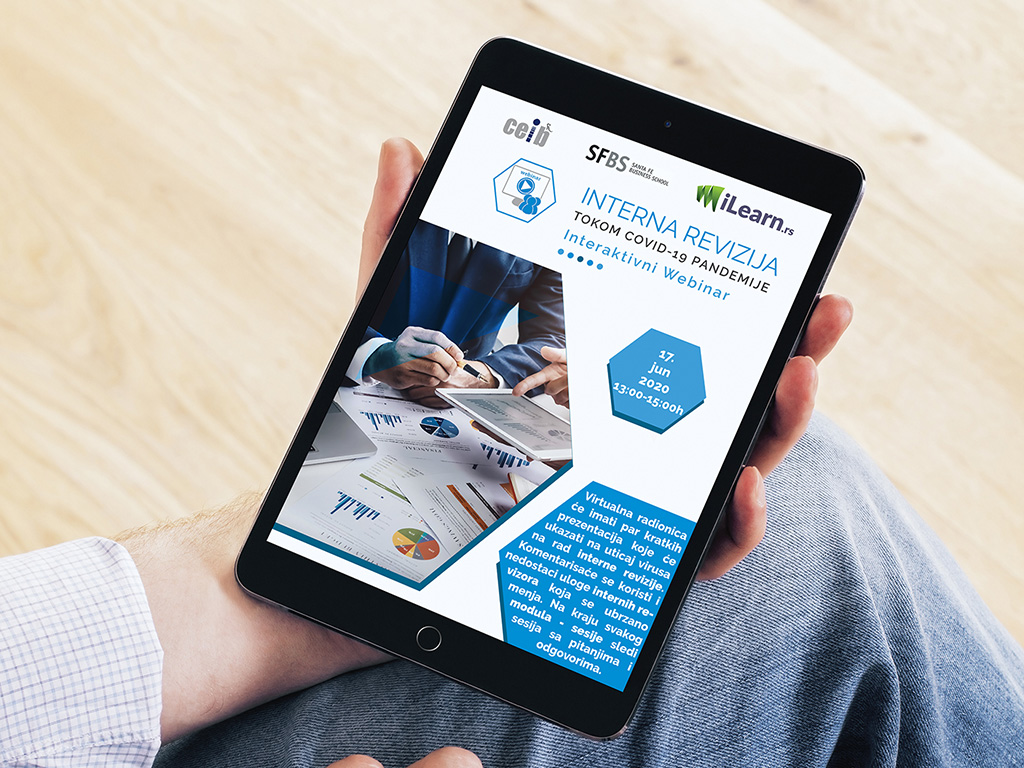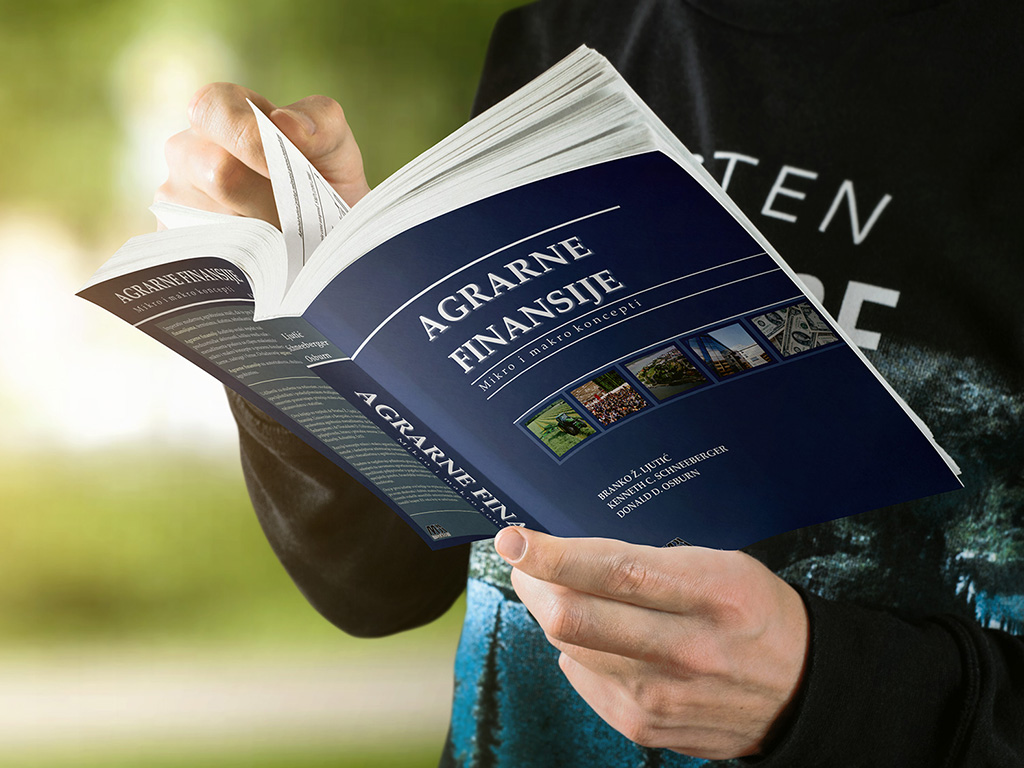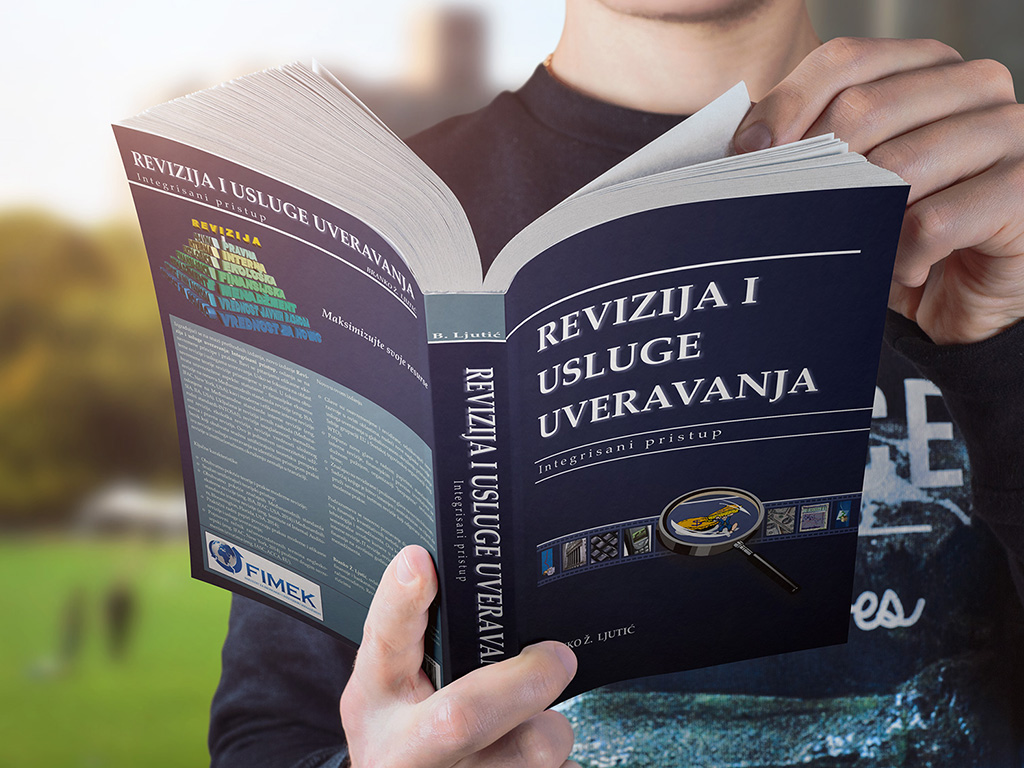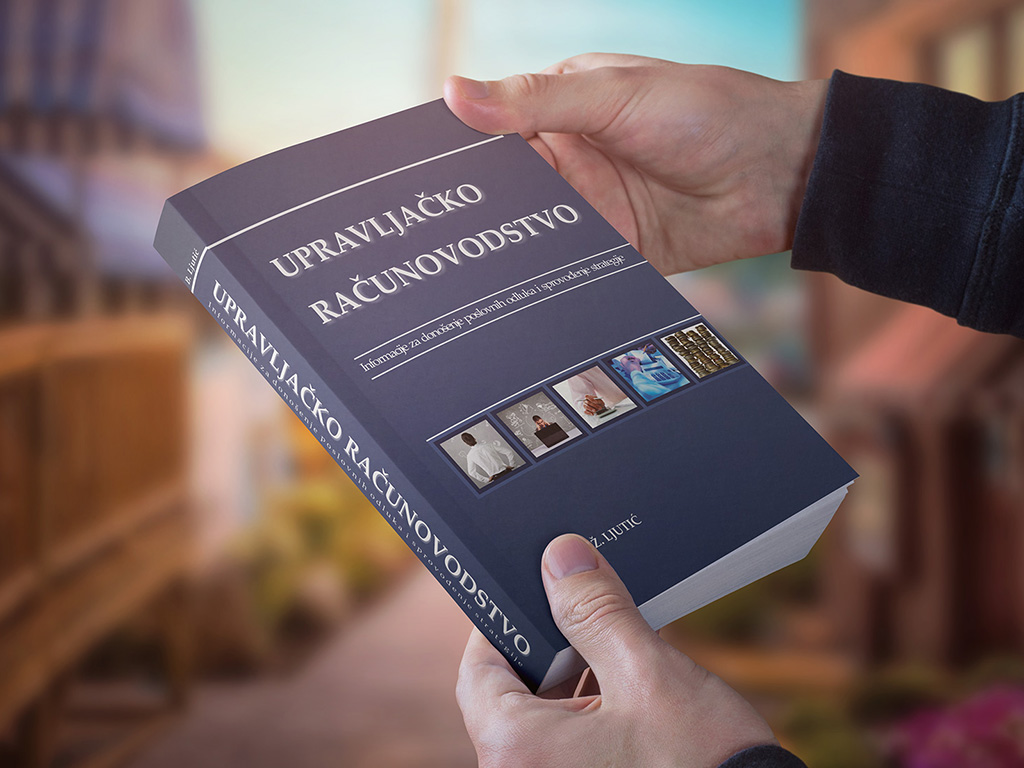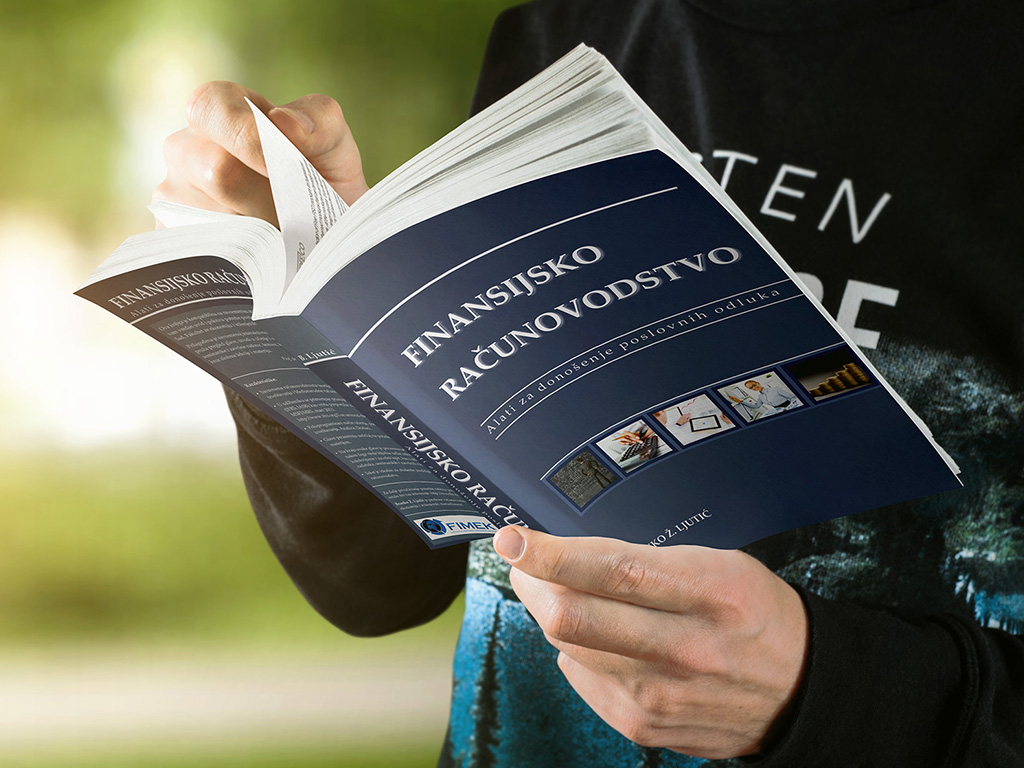About us
“Knowledge as Competitive Advantage”

Welcome to the world of SFAI MONTENEGRO
SFAI Montenegro is a mixture of small and large, fast and strong, effective and efficient within the international network SFAI Global, a member of the IFAC Forum of Firms.
Wih SFAI Montenegro you will have:
Access to services at the world level of knowledge
Partners with practical commercial experience and a high level of knowledge make this possible for you.
Access to the expert network
SFAI experts have the right skills in the right place.
Global and regional context
An understanding of the wider global and regional context, based on in-depth local knowledge and skills.
Access to specialists
Access to specialists in your own sector of activity with a focus on banking, finance and agribusiness.
Personal relationship with the client
Professional personal services for startup businesses and activities based on the personal relationships with clients.
SFAI Global has committed to practice with a consistent application of high-quality audit practices worldwide, and to meet the Forum’s membership obligations as detailed in the FOF Constitution, under the patronage of International Federation of Accountants - IFAC.
SFAI is the world's 17th largest multinational professional services organization.
SFAI offers a diverse range of services to clients in the areas of audit, tax, accounting and business consulting.
SFAI is a member of the IFAC Forum of Firms
As a member of the Forum of Companies, SFAI participates in activities United Nations Global Compact.
SFAI is a global network
SFAI has more than 300 offices with a presence in 115 countries and has a total of 10,000 employees, including 1,260 partners worldwide.
High-quality audit practices
SFAI is committed to the consistent application of high quality audit practices worldwide and to meeting the membership obligations of the Forum of Firms as detailed in Charter FOF-a.
Services
We are Helping and Assisting you to Achieve Your Goals.

Audit & Assurance
Audit provides the organization’s traditional accounting and audit services, as well as internal auditing and IT control assurance.

Consulting
Consulting assists clients by providing services in the areas of enterprise applications, technology integration, strategy & operations, human capital, and short-term outsourcing.

Risk Advisory
Risk advisory provides offerings in enterprise risk management, information security and privacy, data quality and integrity, project risk and cyber risk, and business continuity management and sustainability.

Financial Advisory
Financial advisory provides corporate finance services to clients, including dispute, personal and commercial bankruptcy, forensics, e-discovery, document review, advisory, mergers & acquisitions, capital projects consulting and valuation services.

Tax & Legal
Tax & legal helps clients increase their net asset value, undertake the transfer pricing and international tax activities of multinational companies, minimize their tax liabilities, implement tax computer systems, and provides advisory of tax implications of various business decisions.

Forensic & Litigation
Services cover comprehensive financial forensic investigations to detect the facts behind fraudulent transactions, financial irregularities and internal control lapses (Dispute Resolution, Quantification, Evaluation and Assessment of Economic Loss and Damages, Financial / Fraud Investigation, Special Audits, Assets Tracing).
Our Team
Management / partners
Goran B. Strahinja
Equity Equal Partner Team Leader for Quality Assurance Office Managing Partner - CEOAudit team
Nikola M. Stajić
Team Coordinator, IT Director, IT Audit Master of Economics IT Audit, Risk Based Audit, BlockchainIvana Ljutić
Taxes, corporate governance, law, compliance Assistant professor: Corporate Law, Corporate Governance, Taxation & EU lawStanislav Polić
Consultant, IT Manager, IT Audit, Audit & Assurance Professor: CAATs, IT, MIS, AI in Working Capital ManagementVladan M. Jakovljević
Consultant, Agribusiness Graduate Engineer of Agriculture: Agribusiness Management, AuditingConsulting
Branko A. Vasiljević
Consultant Finance & Banking Full Professor: Banking, Bank Management, Financial Markets, EconomicsLeposava Grubić Nešić
Consultant Human Resources Full Professor: Human Resources and Psychology in ManagementMehmet Cuneyt Uvey
Consultant IT Audit, IT Risk Advisory, IT Governance-Risk-Compliance MBA, CISA, CISM, CGEIT, CRISC, ISO27001LA, ISO20000LA, PMP, ATP APMG/ISACAEducation
Webinars and Publications
- All
- Publications
- Webinars





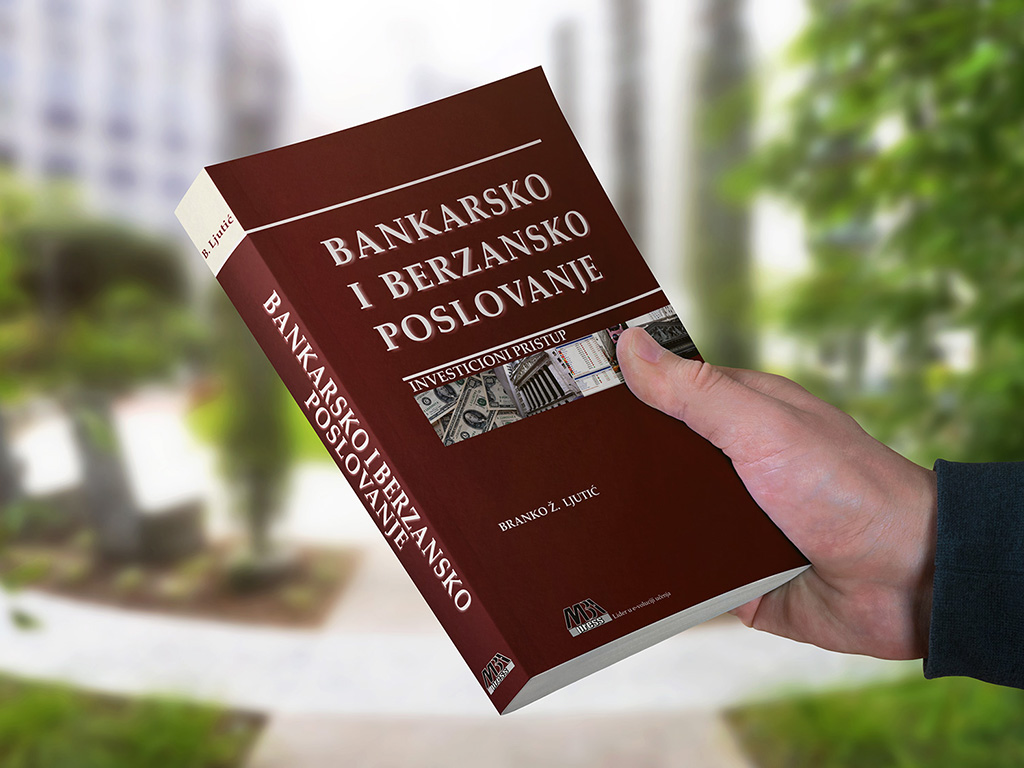

FAQ
Do you have doubts or want to know more? Here you will find the most frequently asked questions.
During execution, auditors gather and evaluate evidence through a combination of procedures e.g.: inquire management, test the company’s internal controls, analyse transactions and balances, and obtain third party confirmations. The auditor’s objective is to obtain sufficient audit evidence to be able to draw reasonable conclusions. The audit opinion is based on these conclusions and is publicly reported.
To achieve this, the majority of an audit committee members have to be independent from the company. The EU legislation also requires at least one audit committee member to have competence in accounting and/or auditing.
The most important roles included in EU legislation for PIE audit committees are to:
• monitor the financial reporting process and relevant controls • review the auditor’s independence including pre-approval of all permitted non-audit services • make a recommendation about auditor’s appointment
External auditors provide audit services to companies and thereby add credibility to information by giving an independent expert opinion on the information reported by a company, such as the annual financial statements (see question 1). Auditors’ work is regulated by the requirements of the EU Audit Directive and Regulation and relevant national legislation. Auditors also apply for their work professional standards like International Standards on Auditing (ISAs).
Both accountants and auditors abide by the International Code of Ethics or national equivalents.
Contact
Contact us
Location:
VII omladinske brigade bb, 81000 Podgorica, Montenegro
Email:
Phone:
+382 (0)69 399 886



